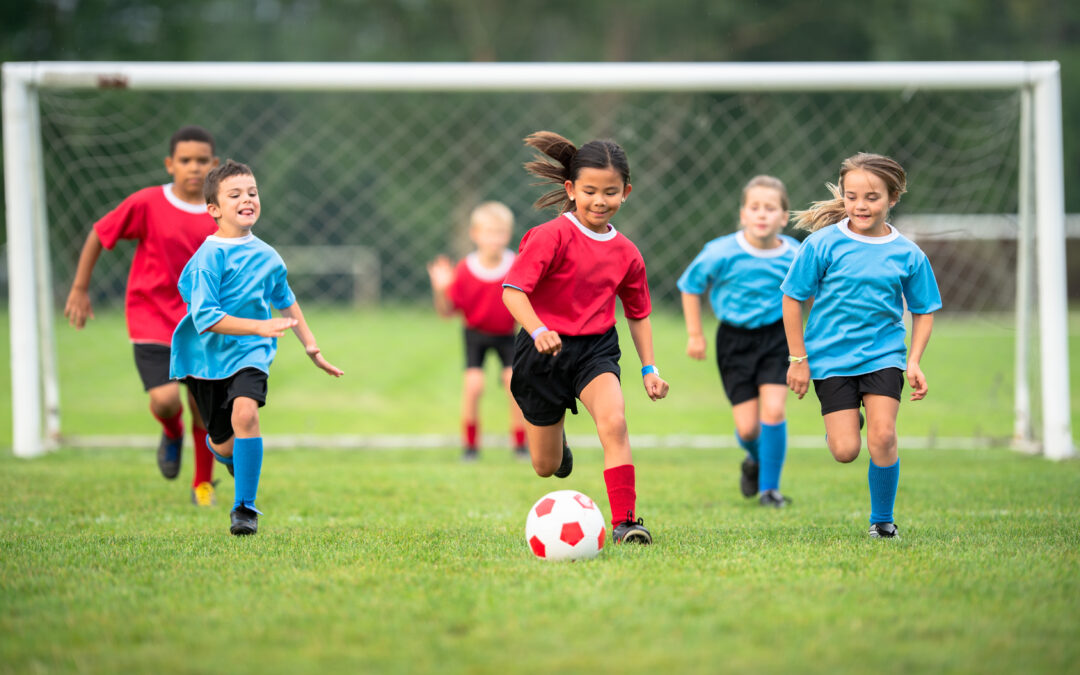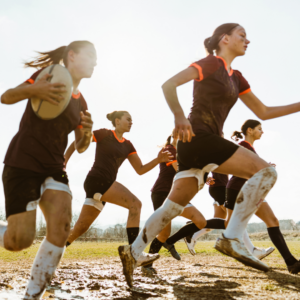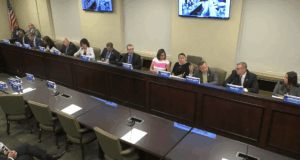Many families have worried that choosing a faith-based education meant sacrificing opportunities—especially athletics—for their children. That concern may finally be over in Pennsylvania.
What Just Happened
On September 15, 2025, a federal court entered an Interim Consent Order confirming that Pennsylvania parochial school students who attend schools without certain sports teams may now join those sports teams in their local public school district.
The legal victory came via a lawsuit filed by the Thomas More Society on behalf of several parochial-school families. The lawsuit argued the PIAA’s bylaws (which previously prevented many religious-school students from competing publicly) violated the First and Fourteenth Amendments — namely, that those rules unfairly discriminated against religious students.
Under the interim order:
- If a parochial school does not offer a particular sport, its students may immediately apply to play that sport in their home public school district.
- The PIAA must amend its bylaws to comply. It is expected to approve those changes in October.
- Parents must satisfy standard eligibility requirements—grades, attendance, physicals—just as public-school students must.
Thomas More Society’s Special Counsel, Thomas Breth, said: “It is rewarding to see talented parochial school athletes finally being allowed to participate in their home school district’s athletic programs. This is a huge relief for parents and students across Pennsylvania who have been unnecessarily excluded from participation simply because of their desire to pursue a faith-based education.”
Why It Matters for Pro-Family Values
This is more than a win for sports. It touches on core pro-family priorities:
- Religious freedom & parental rights. Parents choosing faith-based schools no longer will have to force a trade-off between their convictions and their children’s full access to extracurricular life.
- Fairness under the law. Before this order, charter and homeschooled students were permitted to do what religious school students were barred from. That was unequal treatment.
- Opportunity for children. Athletics contribute to character, teamwork, and leadership. Faith doesn’t shackle a child’s potential—even in sports.
As WHTM ABC 27 reported: “Parochial students can now take the field for their hometown public school district’s sports teams as long as their current school doesn’t offer that sporting opportunity,” according to the Thomas More Society, which represents the families.
They note this change comes immediately under the court order—even before the PIAA formally amends its bylaws.
What Parents Should Do Now
If your child attends a parochial or religious school that doesn’t offer certain sports, here are steps to get them playing:
- Check whether your school offers the sport your child wants. If not, proceed.
- Contact your public school district’s Athletic Director and the Superintendent. Ask them to contact the PIAA Executive Director (Dr. Lombardo) or COO (Mark Byers) to confirm eligibility.
- Complete all required paperwork (physical exams, grades, attendance, etc.).
- Watch the PIAA’s bylaw changes in October for formal codification.
A Key Warning for Parents
Many parents are rightly concerned not only about sports access, but about privacy issues in sex-separated private spaces (locker rooms, showers, restrooms, etc.). Some school districts, under transgender ideological policies, allow trans-identifying students to participate in sports opposite to their sex and to use private spaces of that gender.
Before agreeing to let your child participate in any public school athletic program, be sure to:
- Review your local district’s sports policies related to transgender students.
- Examine the district’s privacy policies for private areas.
- Ask directly how they treat facilities like locker rooms and restrooms based on gender identity vs. biological sex.
- Inquire whether the district permits males to compete on girls’ teams—a practice increasingly justified under transgender ideology, which rejects and ignores biological differences between the sexes.
Bottom Line
This ruling restores fairness: faith-based school families no longer must choose between their convictions and letting their children compete. If your child wants to play a sport that their school doesn’t offer, this is your legal basis to seek inclusion in their home district.




